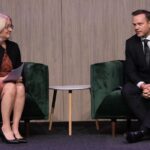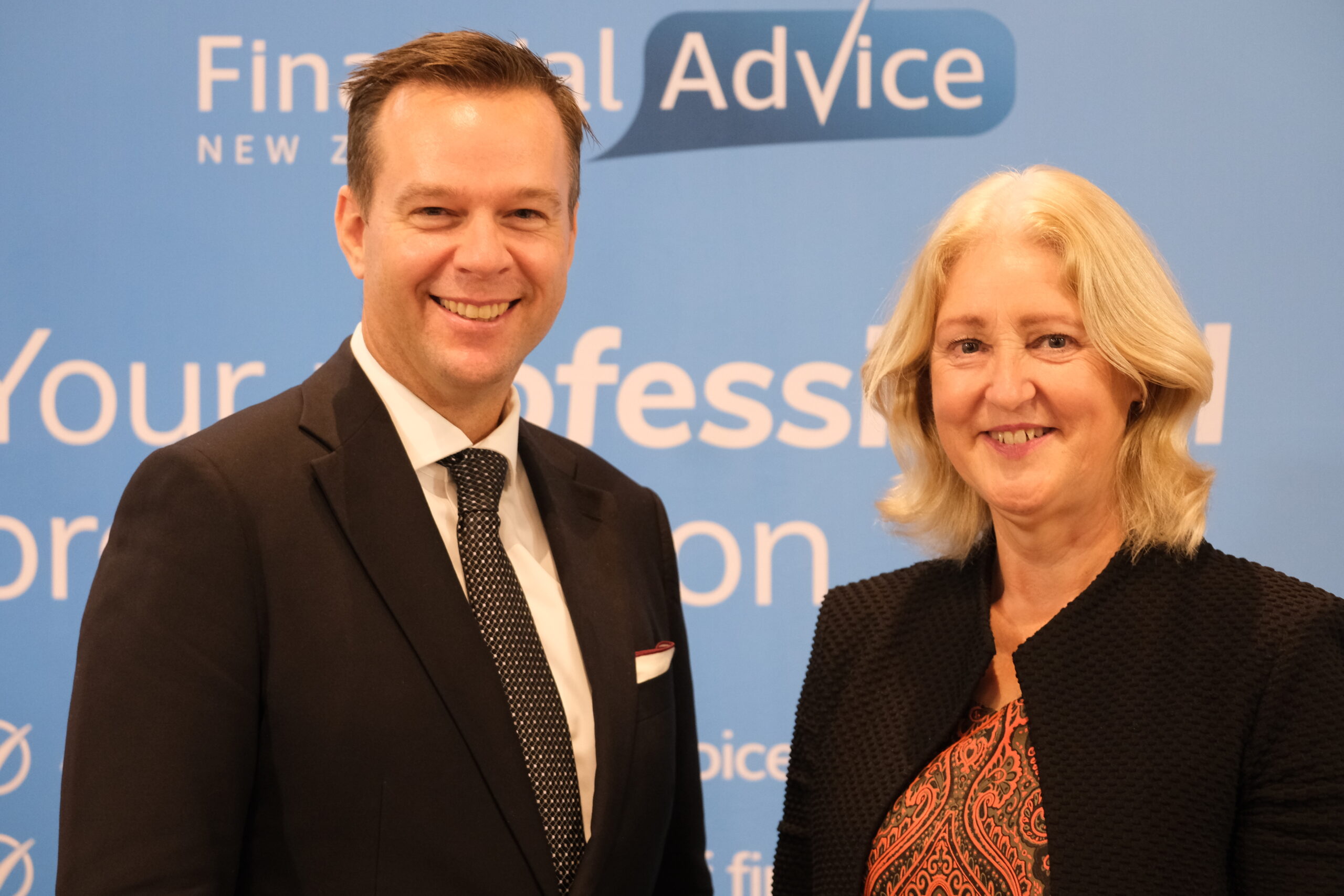Recently, my financial adviser posed an interesting question: where do we go from here? I realised he was implying maybe it was time to take some (more) of my income out of circulation.
But the issue was where should it go? I knew he would have had very definite ideas, but he wanted my take on it first. And I knew he wasn’t thinking clothes, shoes or handbags.
The first thing that came to the front of my mind was a rental property or savings. Certainly, up until recently, I would have thought buying a rental property would have been a good option, though after some recent announcements that takes a bit more thought. Savings seemed the safe response.
Anyway, my adviser responded with “investment” – and he didn’t mean property.
To my mind, savings and investments were the same thing, but when you sit down and think about it, they’re actually quite different.
Investopedia.com describes savings simply as the amount you have left over after you subtract your consumer spending from your disposable income earned over a given period of time. The savings can be used to increase income through investing.
Sorted.org.nz puts it the other way round: before all the other bills and other expenses get paid each month, we can save money by “paying ourselves first”. They say setting up a savings plan this way makes it much easier than trying to save whatever’s left over at the end of the month.
However, it’s done, savings is a basically short-term strategy with no focus on how it will produce a return.
Investing, on the other hand is about getting a return on your money. Sorted.org.nz describes it as all about buying things that put money back into our pockets.
I think most of us have focused most of our lives on two things:
-Paying down debt – whether it be a house mortgage, credit card, or hire-purchase. We do seem to be a country good at borrowing and paying off debt.
-Saving – for holidays, Christmas, a new car or maybe just that handbag or two. But these are normally short-term goals used on consumables one way or another. Except, of course, those who are saving for their first house.
So, when we look at the third option of investing, this doesn’t come as natural to most of us.
While we’re a society focused on paying off debt and saving, we’re not thinking enough about how and where could we invest. And why don’t we?
So, with a change in outlook to investing, what should I consider?
Investing is much more complicated than simply putting your savings into a bank account.
It’s also more risky. It’s potentially more lucrative but with that lure of greater gains comes greater risk. When investing, you have to consider what risk you’re prepared to have, and that means what type of investor you are. Active or Passive? Conservative or Aggressive? Or a mix of these?
It all sounds daunting, and it can be. This is where taking professional advice from a financial adviser can be invaluable and take some of the hard work out of researching your options.
Let’s just look at a handful of investment options:
-Shares are very popular right now due to a combination of the favourable share market prices, people with more money to spend with overseas travel basically ruled out, and the advent of easy-to-use smartphone apps. But shares can fluctuate wildly, up or down, often without warning, so the risk is higher.
-Bonds are where you lend money to the government, a council or a company for an agreed interest rate for a set period. They usually pay higher interest than a bank deposit and can be a good option if a steady income is required.
-Term deposits are among the safest investments, but because the risk is low, so are the returns. They’re a great option for people who need their money in the short-term.
-Managed funds, which include KiwiSaver, are a great way of investing in shares, property, term deposits and cash without the risk of investing in one place. Returns can fluctuate, but over time will likely be better than money in the bank.
-Foreign exchange, cryptocurrencies, hedge funds, gold, art and even wine. These can be complicated and are either very rewarding or can crash and burn your money
There are some basic rules of thumb you should follow when considering investing:
- Know your goals and be realistic about what you’re trying to achieve.
- Take time to research the options. You shouldn’t move until you identify the outcome you want.
- Don’t overreach yourself. Work out what level of risk you’re comfortable with and find a balance between risk and return. Can you afford to lose part of what you’re putting in? If not, consider something else.
- Remember, diversification is key. Spread your risk.
Having an attitude of only saving is certainly an option but how far is it really getting you? Investments offer a wide range of options and returns, most of which, if done prudently, will give you more in return.
My challenge to you is to take a fresh approach and ask could I invest and where. Do your research and obtain professional advice from a financial adviser. Changing the lens from debt, property and savings is quite refreshing and can be extremely rewarding.
As my financial adviser said as he dropped off some direct debit forms, so I could implement some of his recommendations – ready, set GO!








